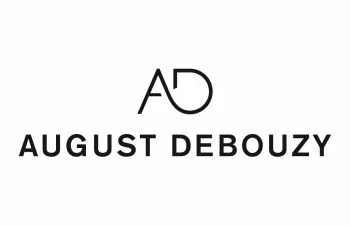On 17 December 2018, the European Commission fined the clothing company Guess €39,821,000 on for restricting its distributors from online advertising and selling cross-border to consumers in other Member States (geoblocking), thereby infringing competition law rules.
As a reminder, last November 13, we published an article relating to the entry into force, on 3 December 2018, of Regulation (EU) 2018/302 of 28 February 2018 on addressing unjustified geoblocking (the "Regulation")1.
This decision sanctions the clothing company, inter alia on the ground of unjustified geoblocking, only two weeks after the provisions of the Regulations entered into force.
In June 2017, the Commission opened an investigation into the distribution agreements and practices of Guess in order to verify whether the same restricted its distributors from selling its products to consumers located in other Member States.
This investigation results in a fine of nearly €40 million covering several anti-competitive practices. The Commission's decision reveals that Guess' distribution agreements prohibited its authorized distributors from:
- using the Guess trademarks for the purposes of online search advertising;
- selling online without Guess' prior authorization, which was not based on any specific qualitative criteria;
- selling to consumers located outside the territories allocated to the authorized retailers;
- cross-selling products between wholesalers and authorized retailers ; and
- freely deciding the retail price at which they could sell the Guess products.
European commissioner Margarethe Vestager, in charge of competition policy, has also commented on this decision. She pointed out that Guess prevented EU consumers from shopping in other Member States by blocking cross-border sales. Guess is sanctioned for this practice and Margarethe Vestager indicated that this decision "complements the geoblocking rules that entered into force on 3 December", making express reference to the Regulation.
Indeed, in order to prevent the rules laid down by the Regulation on geoblocking from being circumvented, clauses restricting passive sales which could be valid under competition law are now automatically null and void in the specific situations covered by the Regulation (e.g. a prohibition on satisfying unsolicited requests from customers, when such a prohibition is based on the "geographical characteristics" of the customer).
Thus, the practices of Guess referred to in point 3, which restricted the freedom of distributors on passive sales to consumers located outside their allocated territories, are now also prohibited on the basis of the Regulation.
In return for cooperating with the European Commission during the investigation and for acknowledging the facts and infringements alleged against it, Guess was granted a significant 50% fine reduction.
On the basis of this decision, the professionals are now warned. In this context, if not already done, companies must promptly take measures to comply with the Regulation, not only by adapting their e-commerce websites but also by undertaking a review and, if necessary, amending their distribution agreements!
Footnote
The content of this article is intended to provide a general guide to the subject matter. Specialist advice should be sought about your specific circumstances.




